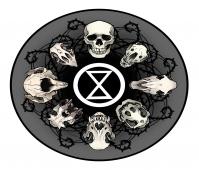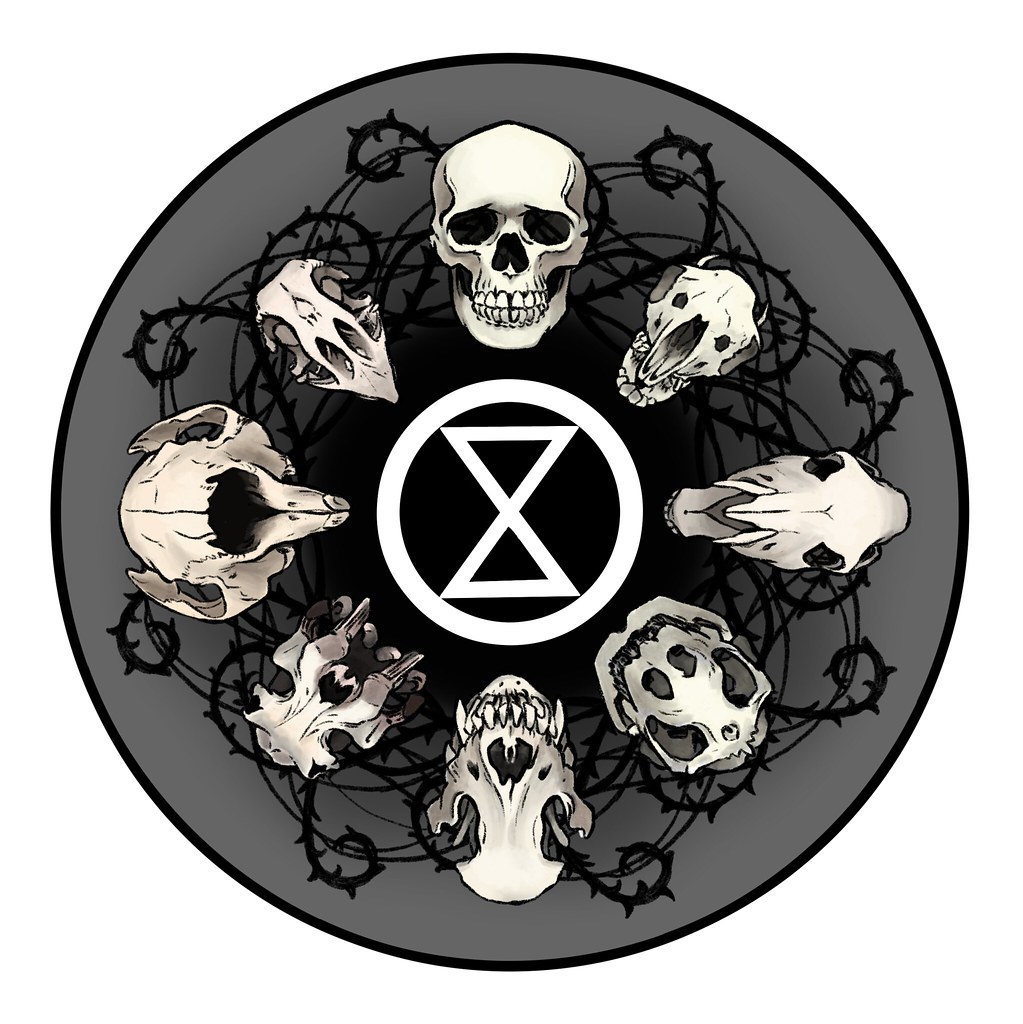The World Wildlife Fund (WWF) in its annual end of year report has warned that the Earth faces the worst species extinction event since the age of the dinosaurs, within the next decade. The extinction is being driven by ever-growing environmental threats the scale of which haven't been seen since dinosaurs died out, said the WWF on Wednesday.
Titled ‘Winners and Losers of 2021’, the article, published on Wednesday, lists the endangered animals whose populations have shrunk or grown the most this year. “African forest elephants, polar bears, tree frogs, cranes and species of fish such as sturgeon and huchen – these are just some of the losers in 2021. They represent thousands of endangered animal species,” the WWF said.
There are currently 142,500 animal and plant species on the Red List of the International Union for Conservation of Nature (IUCN) — 40,000 of which are "threatened with extinction." It is the largest number of species to be included on the Red List since it was established in 1964. Around one million animal species could go extinct within the next decade making it the largest extinction event since the end of the dinosaurs 65 million years ago.
"Species conservation is no longer just about defeating an environmental problem, but is rather about the question of whether or not humanity will eventually end up on the Red List in an endangered category — and thereby become a victim of its own lifestyle," said Eberhard Brandes a WWF board member.
Polar bears walking on thin ice
Polar bears made the list, as the rapid melting of pack ice in the Arctic Ocean is making it impossible for the animals to adapt. Experts estimate the Arctic Ocean could be completely ice-free in the summer of 2035, WWF said. Among the most acute "losers" of this year are African forest elephant, whose population has declined by 86% within just 31 years. This is mostly driven by the natives poaching for elephant tusk, considered to be a mystical cure in many Asian countries.
A calamity on the scale of the great extinction of the dinosaurs is facing us head on, yet our society seems unable to move right or left. Rigid it stands firm, mostly as an observer of their own destruction. For when the animals go we go with them. What is wrong with the civilization that humans have built after thousands of years of effort that we are moribund when faced with catastrophe? It can't be that we don't care, as our own well being is threatened. It can't be that we are unable comprehend what is going on, humans are quite intelligent. It can't be that we don't like our offspring, as everyone loves their children. So why are we unable to break out of our comfortable cocoons and instigate the changes that are necessary?
The answer is entwined in our very humanity. This publication will try explore those issues in upcoming OPED pieces.




